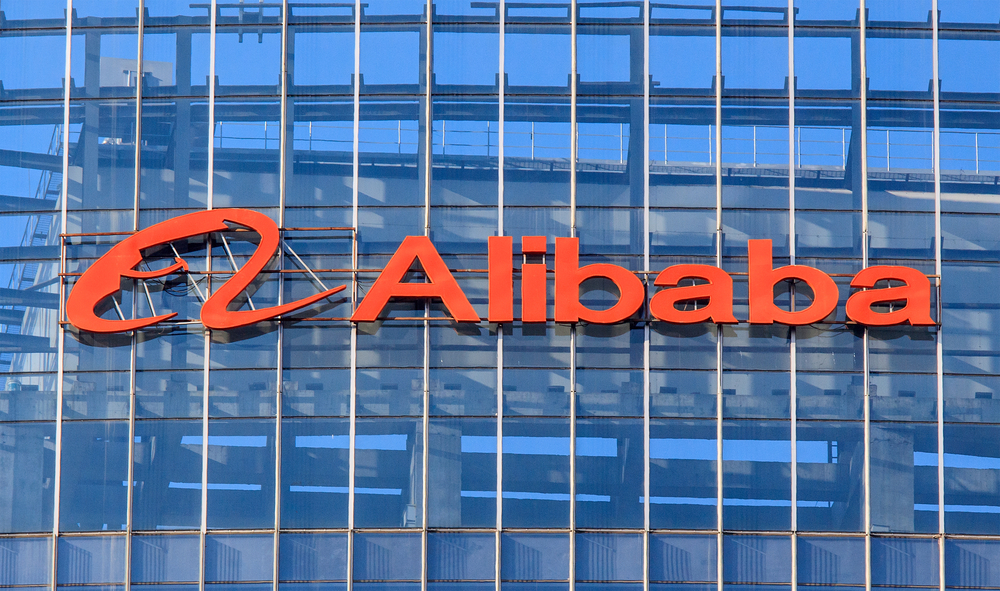Chinese e-commerce giant Alibaba (NYSE: BABA) continues to try and fend off its challenger Pinduoduo (NASDAQ: PDD) at a time when the two companies’ user bases are increasingly overlapping.
By the end of June, Alibaba’s annual active consumers on its China retail marketplaces reached 742 million, while Pinduoduo accumulated 683.2 million active buyers.
Alibaba started to offer several products priced at RMB 1 (USD 0.15) with free shipping as of Saturday in one of the largest promotions in Chinese e-commerce history. The promotion will last for 33 days until November 11, Alibaba’s Singles’ Day shopping festival, covering 100 million products all priced at RMB 1, according to Global E-businessmen, a Chinese media outlet run by Alibaba.
The extremely low prices are enabled by both Alibaba and the 500,000 factories that are participating in this promotion with the aim of introducing their products to consumers which will ideally result in future purchases of the items at normal prices.
The promotion, called Yiyuan Gengxiang Jie, includes items like clothes hangers, plastic trash bags, cookies, and medical masks. The limited items were available only inside the Taobao Tejiaban app. The app, which went live in March, serves as a bargain-heavy complimentary to Alibaba’s Taobao, essentially targeting the same customers as Pinduoduo.
In each of the remaining days, different RMB 1 products will be offered, Taobao Tejieban has notified its consumers in advance, in a tactic to keep them active during the promotion.
Alibaba’s Yiyuan Gengxiang Jie (which can be translated roughly to 1 Kuai Is Better) comes shortly after Pinduoduo hosted a promotion with a similar name and slogan in July and August.
In that seven-day promotion called Zhenxiang Jie (which means Really Good), Pinduoduo provided heavy discounts totaling RMB 100 million (USD 15 million) for products such as iPhones and Xiaomi wearables.
Founded in 2015, Pinduoduo has managed to become the second-largest e-commerce company in China by user base, beating established players such as JD.com (NASDAQ: JD). Behind its rise is a group purchase model, which features really cheap products, favored by residents in China’s small cities and rural areas.
Read this: Deep in Pinduoduo’s mind, there is a Google
